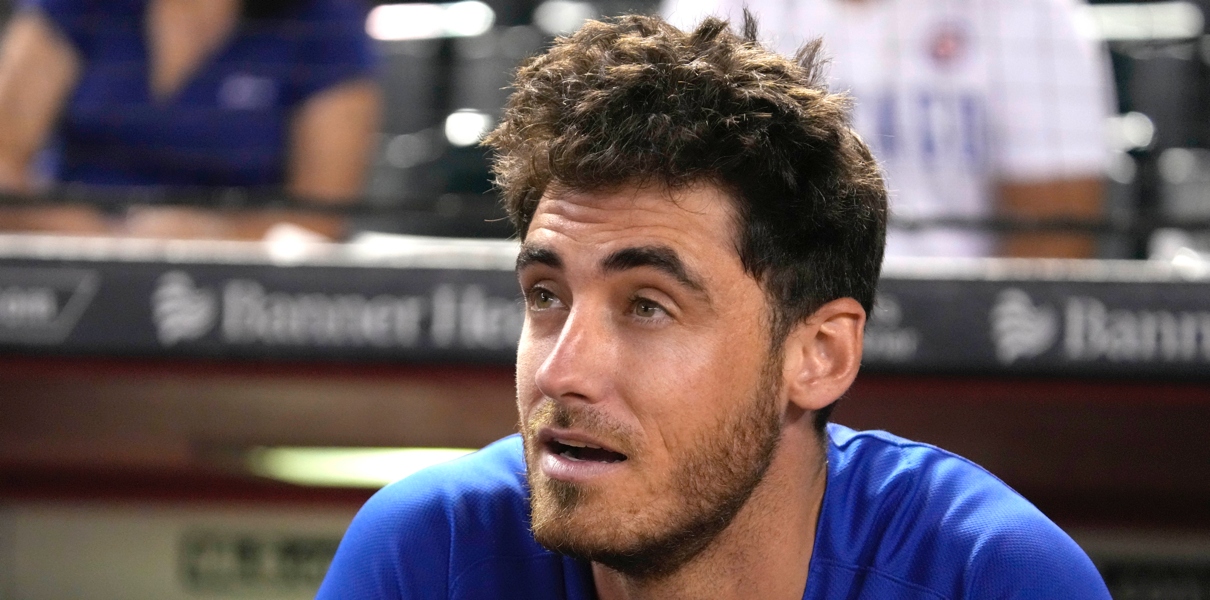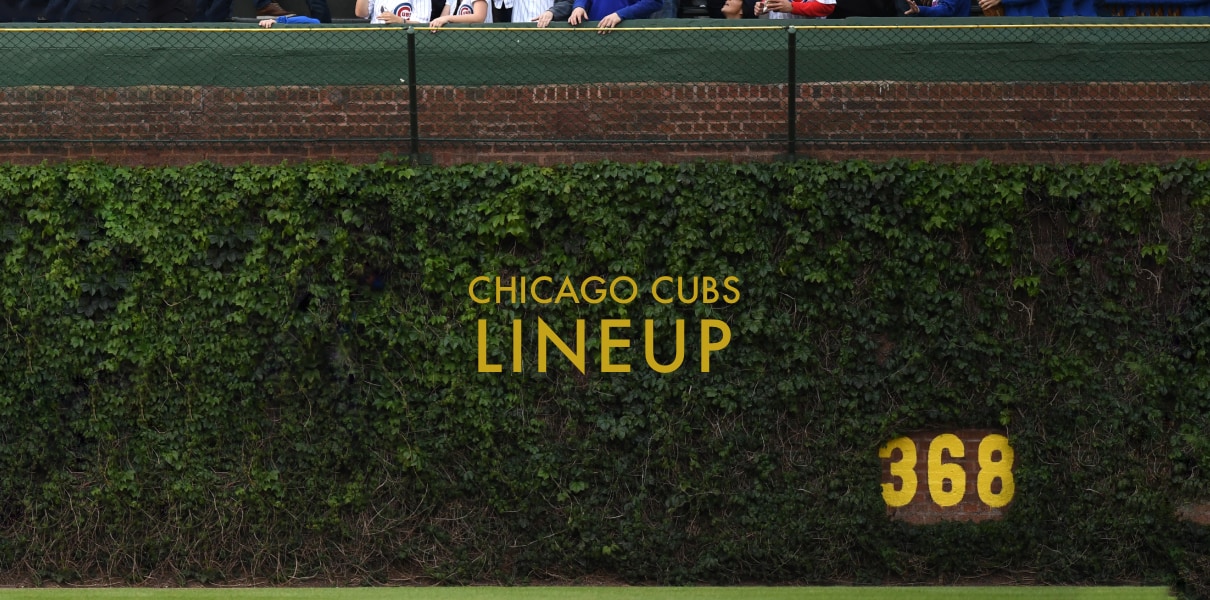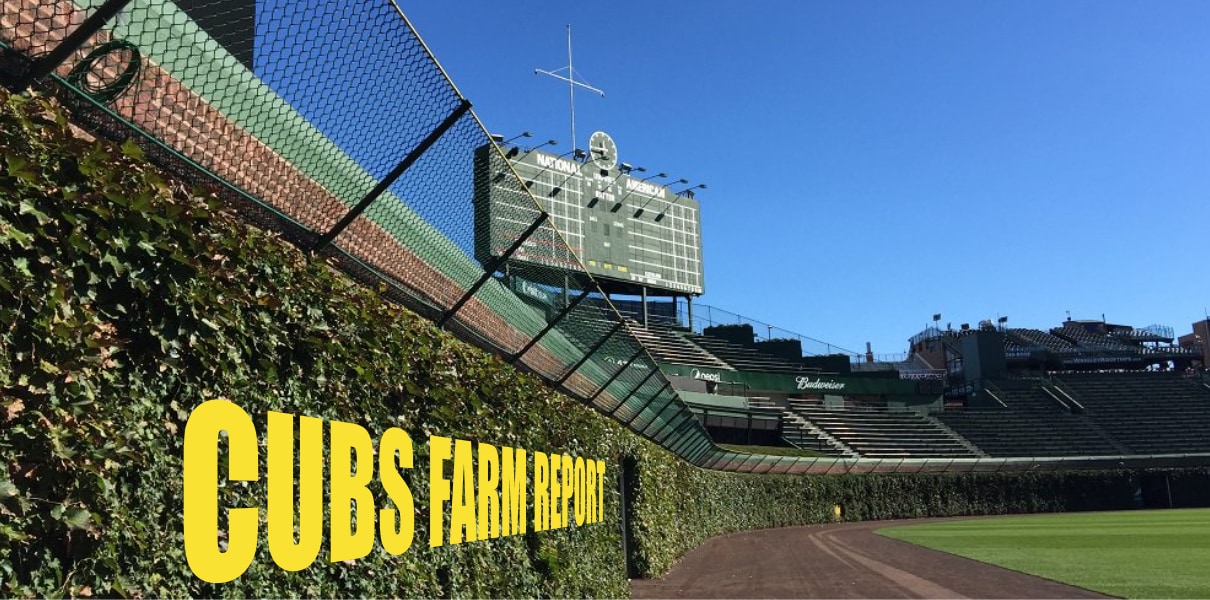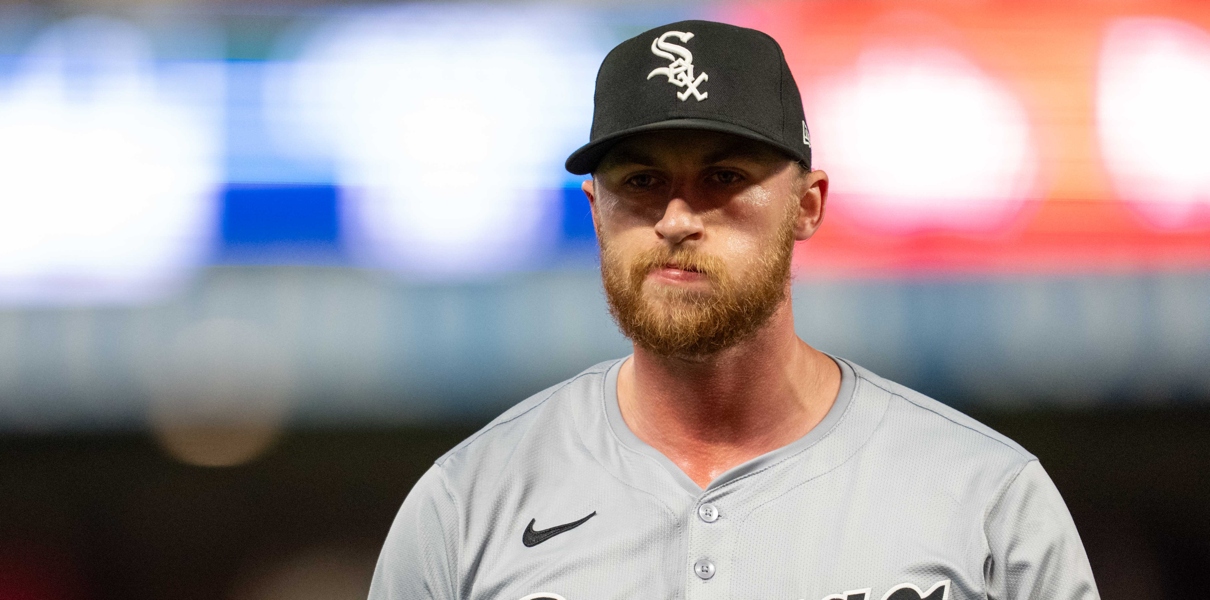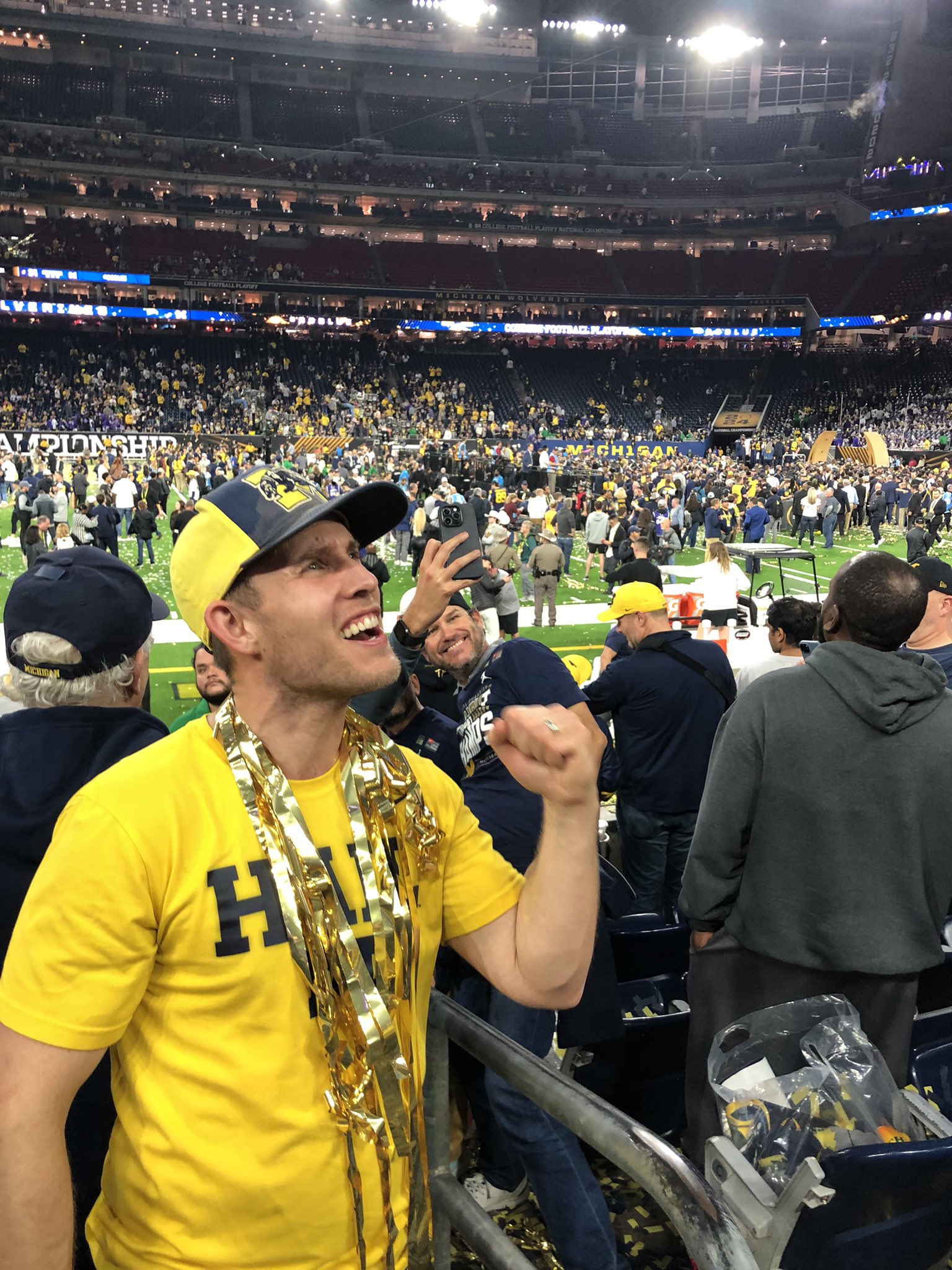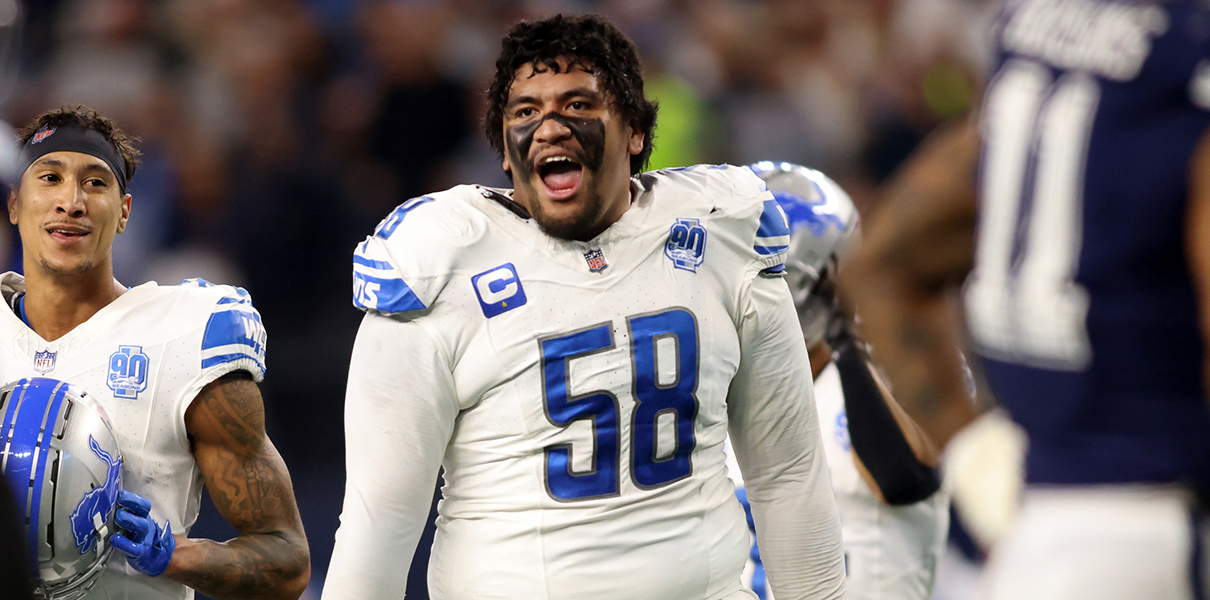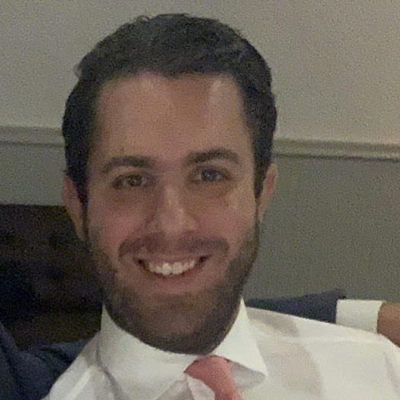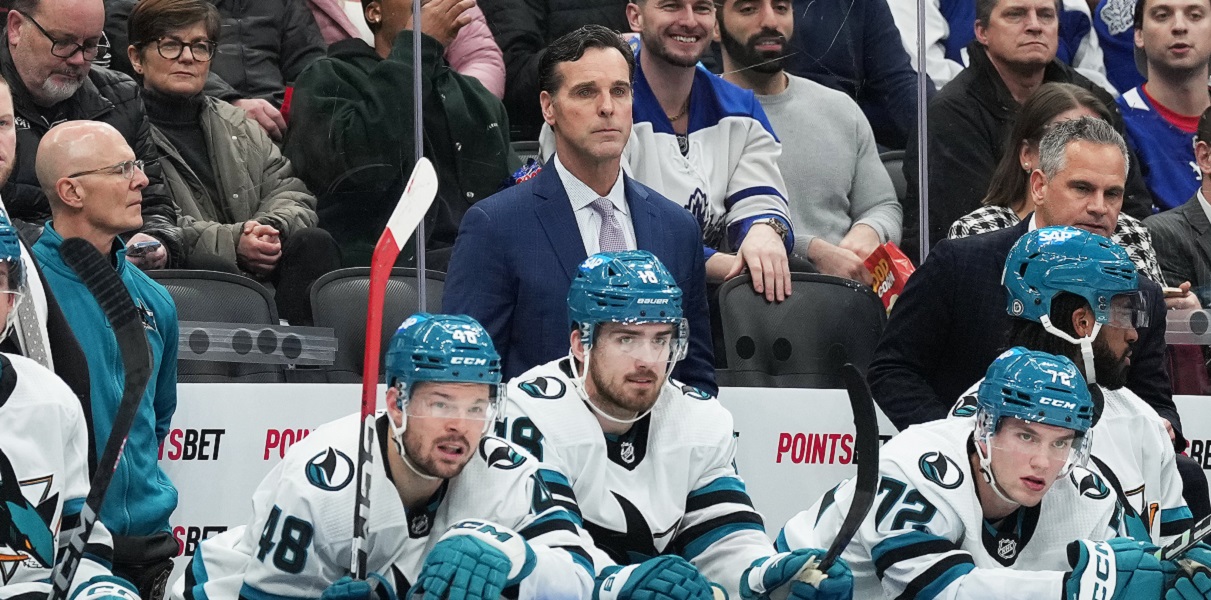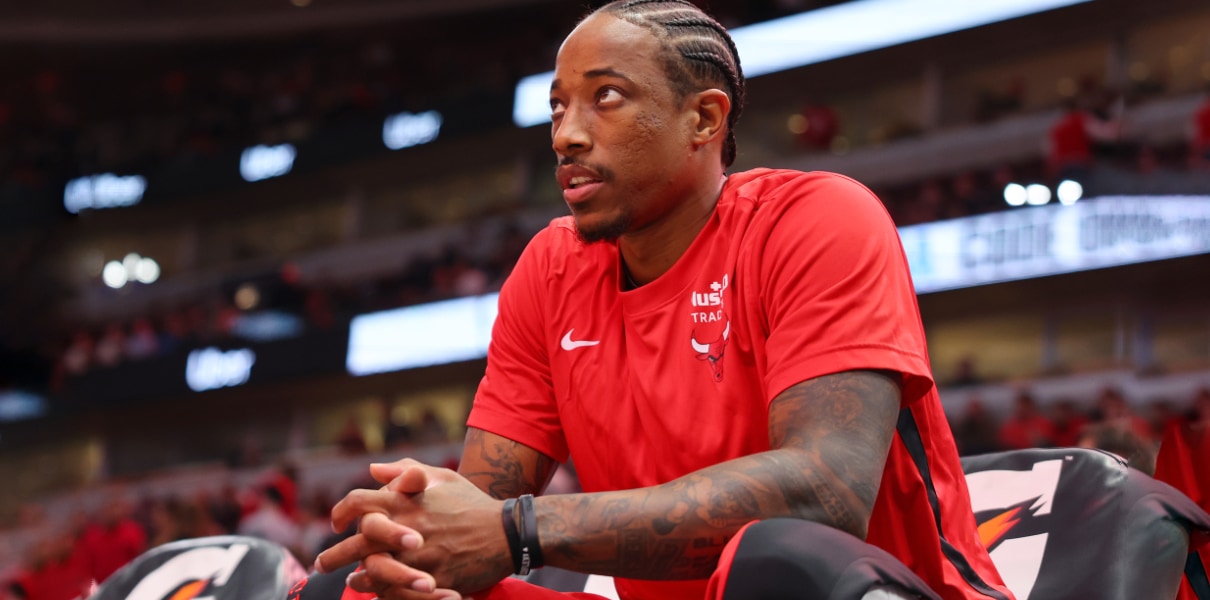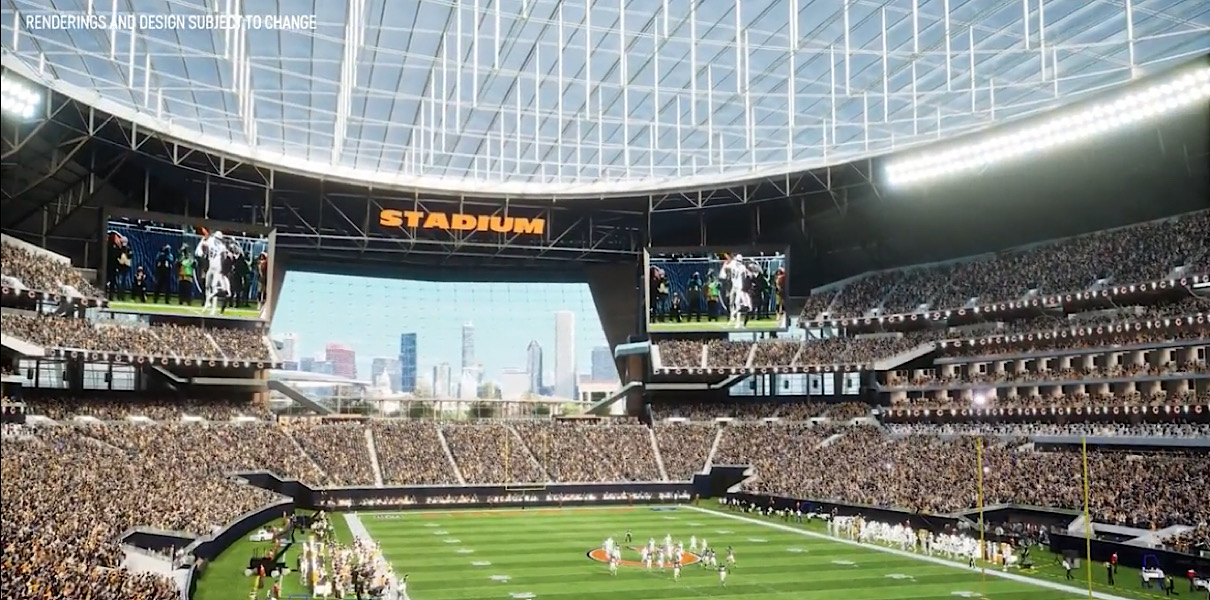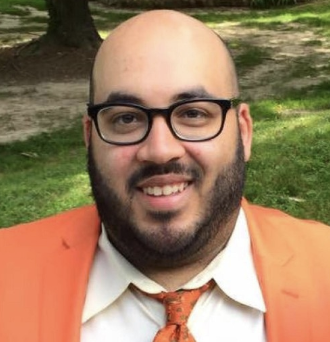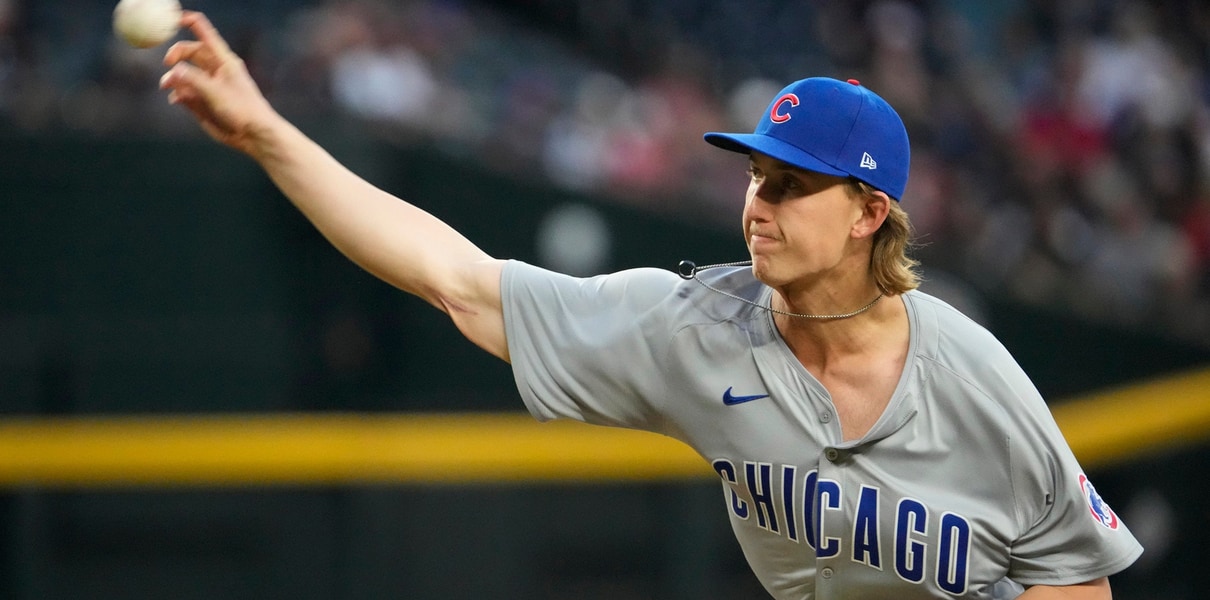Last year, the Chicago Cubs offered Anthony Rizzo a four-year, $60 million extension, which he declined (and understandably so, at the time). After that, the Cubs upped their offer to $70 million, but spread it out over five seasons, which was actually a lower average annual value, despite the larger overall commitment. Rizzo also rejected that offer. This offseason, Rizzo re-signed with the New York Yankees for two years and $32 million, including an opt-out after 2022, when he’ll be 33 years old. His goal now is to beat the $70 million commitment offered by the Cubs over multiple contracts before he hangs them up.
None of this should be news to you. But I am getting to it.
This morning, Ken Rosenthal shared some additional details from that process with the Cubs, which could put a new wrinkle into your perception of their efforts last spring, in addition to some recent comments from Rizzo about why he made his decision. Let’s start with the latter:
“It’s not like I’m sitting here saying I wish I had taken [the Cubs’ offer],” Rizzo said. “If I play four to six more years, I’m going to make more money than I would doing that. When it’s all said and done, we’ll see. But as of now, no regrets.”
“I wanted to stay there. But I’ve made money in this game,” said Rizzo, whose career earnings stand at $71.6 million.
“I want to win. That’s definitely something that was important to me.”
I’m sure your attention was immediately drawn to his desire to win, which is a sideways (and completely fair) shot at the 2022 Cubs vis à vis the Yankees. But I don’t think that’s the main takeaway here.
Instead, I think this is all pretty simple: Rizzo valued himself at a certain number – probably something closer to Paul Goldschmidt’s $130M deal with the Cardinals (and whatever was projected for Freddie Freeman at the time) – but he didn’t get it initially from the Cubs, or anything close to it. So he chose to bet on himself. Unfortunately for him, it just didn’t work out in 2021 or in free agency thereafter. But I’m not going to complain about someone trying to maximize his career earnings, especially when that someone already took one team-friendly extension from this team.
Buuuuut that’s only half the story here. There is a new detail that might change your perspective at least slightly, and here it is: According to Ken Rosenthal, the Cubs’ five-year, $70 million proposal was “an initial offer subject to negotiation, but Rizzo was not interested in advancing the discussions.”
Ah … well, that certainly changes it a little bit, no? At least, it eats into the optics that the Cubs simply made one low-ball (again, at the time) offer and then immediately moved on once it was rejected. In reality, the Cubs made two offers, and also invited a counter that never came.
When I envisioned an Anthony Rizzo extension before his down 2021 season, I arrived at $95 million in new money. Certainly that’s a healthy jump from the Cubs’ $70M offer, but is it that far off from where they maybe could have landed with some back and forth? I don’t know. If Rizzo’s camp countered with the Goldschmidt deal straight up (which, I think they would know wasn’t likely), the mid-point would be $100M. Again, I don’t think the Cubs were going to get that high, but with this reporting, it seems clear that $70 million wasn’t their best and final offer. Maybe something could’ve gotten done if the process had played out a little differently.
Oh well. It’s over. Rizzo will earn $16 million this season. After that, he can opt out with a then-goal of beating four years, $54 million (and a more immediate goal of beating the one year, $16M he’d still have on the table from New York). If he decides not to opt out, he’ll make another $16 million in 2023, with the hope of earning at least $38 million more before he retires to beat the Cubs offer. That’s the bet he made on himself.
He’ll be a 34-year-old free first baseman at the time, which could make that total tricky, but the universal DH and impending shift-ban could help his cause. Either way, Rizzo’s career with the Cubs is likely over, but I’ll still be rooting for him to succeed somewhere.




